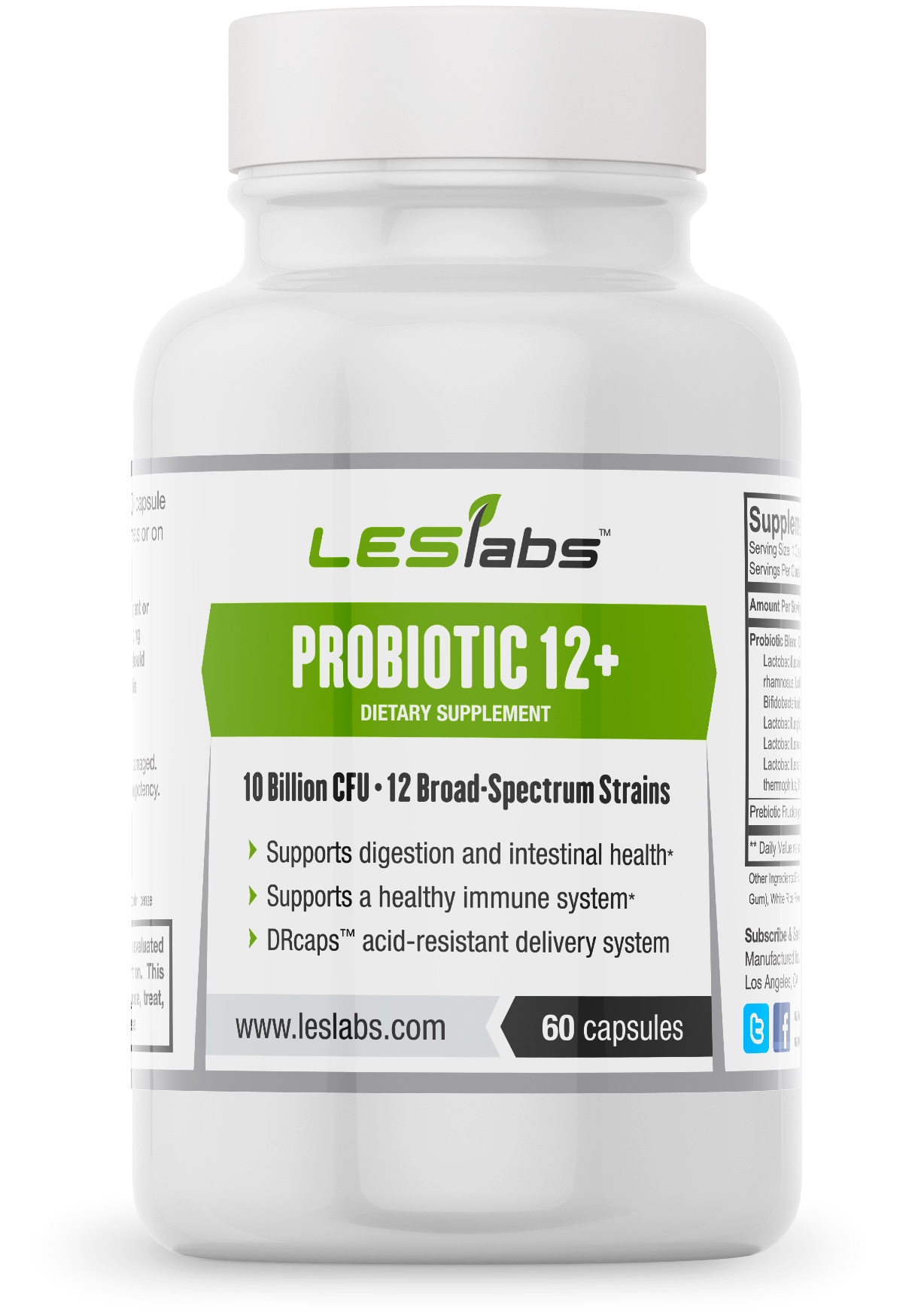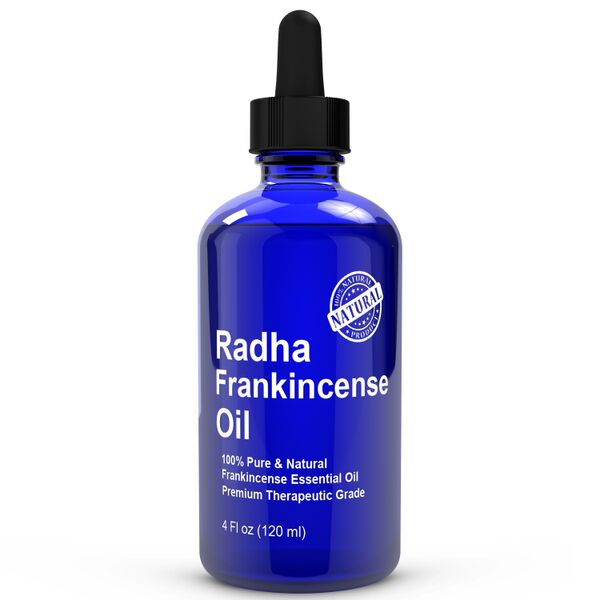I received the following products in exchange for an honest review. The opinions expressed are 100 percent my own. This post contains affiliate links.
| Click to enlarge |
I have hypothyroidism. When you don’t receive the proper treatment for this illness, you’ll experience a myriad of symptoms, including weight gain, constipation and fatigue. After having this disease for over 15 years, I recently learned that my doctor’s approach to treating my thyroid was not correct. He treated me with synthetic T4 (thyroxine), but he never noticed that I didn’t convert the T4 to T3 (triiodothyronine) properly. I thought that feeling crappy was going to be a lifelong “normal” for me.
Now that I’m learning more about how my thyroid can function better, I’ve learned how other factors affect it, such as iron levels, adrenal function, magnesium, vitamin D, zinc and selenium. I also saw how my diet did not promote good thyroid function, as eating a lot of carbs are a big no-no for me. Carbs increase inflammation, which increase cholesterol levels and the risk of heart disease. So, when you have your diet and gut in-check, you help your thyroid.
Hypothyroidism and Probiotics
Healthy bacterium in your stomach helps your body convert T4 into T3 sulfate (T3S) and triidothyroacetic acid (T3AC). T3S and T3AC use intestinal sulfatase to convert into T3. According to Chris Kresser, healthy gut bacteria are responsible for creating intestinal sulfatase.
Poor gut health and lipopolysaccharides (bad intestinal bacteria) increases inflammation and cortisol levels, which reduce active T3 levels.
To help your gut improve, Dr. Axe recommends eating foods rich in probiotics, such as fermented vegetables, kefir and kombucha. I find that I need more probiotics than these foods offer, so I take probiotic supplements, like Probiotic 12 + from LES Labs. This supplement contains prebiotics and 10 billion probiotic colony-forming units (CFUs) in each capsule. I take two or three per day and have had good results. Dr. Axe recommends taking up to 50 billion CFUs per day.
To further support my digestion, I have 1 to 2 teaspoons of spirulina every morning. Spirulina is a type of dark turquoise algae that’s considered a superfood, as 8 grams of it have the nutritional properties of five servings of fruits and vegetables. Spirulina is also a good source of iodine, according to Dr. Mercola. I hate how spirulina smells and tastes, so I mix it in a low-carb smoothie.
Essential Oils for Hypothyroidism
I never thought about using essential oils for hypothyroidism. Dr. Axe recommends putting two drops of frankincense oil on the roof of your mouth twice a day. He also says to rub three drops of frankincense oil mixed with five drops of lemongrass oil and five drops of clove oil on your thyroid daily.
I have Radha Frankincense Essential Oil by Radha Beauty. It tastes horrible, so I have some tea nearby when placing two drops in my mouth. I think it’s better, however, to just rub it over your thyroid. The oil from Radha has a nice warm orange and woodsy smell, is pure and therapeutic-grade. It comes in a nice dark blue bottle and a dropper.
Please keep in mind that I am not a medical professional, and am sharing my own personal experiences. Talk to your doctor about any of your thyroid and digestive concerns.
| Click to enlarge |
I received the products mentioned in exchange for an unbiased review. This post contains affiliate links, meaning that I receive a small commission if you click on a product link and make a purchase through Amazon.com.


No comments:
Post a Comment